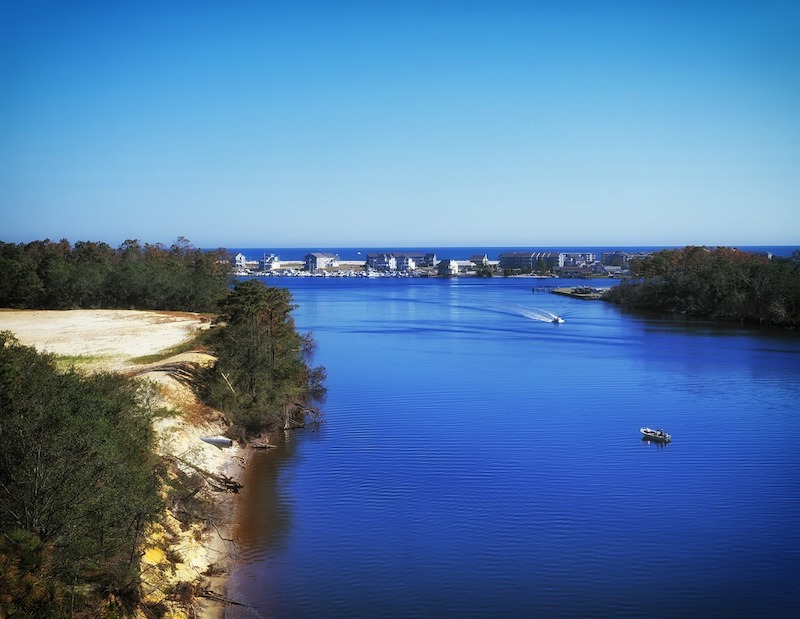A 2012 law that restricts taking into account the latest research in climate science could make North Carolina more vulnerable to Hurricane Florence.
The law banned policy makers from using recent climate science data to plan for sea level rise including things like elevation requirements on new buildings in flood-prone areas. The law was reportedly a response to a 2010 Coastal Resources Commission report that predicted sea levels on the Carolina coast would rise 39 inches by 2100.
The bill required the commission to write a new sea-level-rise report that limited its scope to the next 30 years. It was also required to take into account scientific studies refuting sea level rise, and to weigh the economic cost of limiting coastal development.
Scientists say the law is misguided, and will ultimately hurt the region’s ability to withstand damage from major storms. According to a recent article by a retired Duke University coastal geologist, the state should increase setback lines for coastal development, raise the height of buildings, move threatened buildings, prohibit rebuilding of storm-destroyed buildings, and begin a planned retreat from the rising water line.
Related Stories
| Jun 21, 2012
Brazilian engineering/construction firm Odebrecht sues Florida over ban on companies doing business in Cuba
Odebrecht Construction Inc., a Brazilian engineering and construction company, is suing the State of Florida over a new law that bans governments from hiring companies with business ties to Cuba.
| Jun 21, 2012
String of shattered glass balcony panels prompts call for code reform in Ontario
Since last summer, glass balconies have shattered at 13 different buildings in Toronto.
| Jun 21, 2012
California adds window film to building code
California is the first state to add window film into its building code. Window film, a polymer material, offers cost-effective energy savings.
| Jun 21, 2012
New ISO standard to improve environmental management of concrete
A new ISO standard will help the construction industry better manage the environmental impacts of concrete.
| Jun 21, 2012
On net-zero projects, Building Teams will be held accountable for energy-efficiency performance
The building team will be held accountable for how net-zero energy buildings perform two, five, and maybe ten years after completion.
| Jun 14, 2012
USGBC co-founder launches rating system for building product manufacturers
U.S. Green Building Council co-founder David Gottfried’s new venture, Regenerative Ventures, has established a rating system for building product manufacturers.
| Jun 14, 2012
Green standard set for single-ply roofing membrane
A sustainability standard has been established for single-ply roofing membranes used on commercial buildings.
| Jun 14, 2012
Minnesota Vikings stadium plan gets legislative go-ahead
Legislation that approved the construction of a new billion dollar stadium for the Minnesota Vikings passed the Minnesota legislature.
| Jun 14, 2012
Report alleges New York’s prevailing construction wages are miscalculated, costing billions
A miscalculation in how prevailing wages are calculated in New York reportedly costs the state $3 billion a year in public-infrastructure projects.











